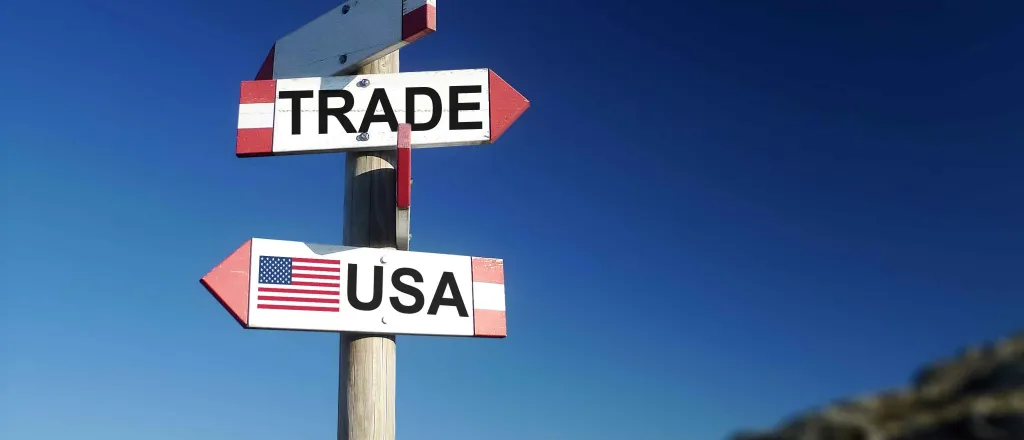
Colorado lawmaker pushes for U.S. Treasury to investigate 'pink tariffs'
Colorado U.S. Representative Brittany Pettersen is co-sponsoring a bill in the U.S. House which would require the U.S. Treasury Department to study “pink tariffs,” which she argues increases the cost of products for women.
“There’s been a lot in the news about tariffs, but did you know women are paying more than men in so-called ‘pink tariffs’ on women’s products,” Petterson queried on social media. “These costs can add up for women and families. My bipartisan bill ... would work to address these higher taxes.”
Advocates for the legislation say that women are disproportionately affected by tariffs at a higher rate than men.
The bill specifically points to “tariffs that are higher on clothing classifiable as women’s clothing as compared to men’s clothing.”

© iStock - monticelllo
Petterson co-sponsored the legislation with six other Democrat members of the U.S. House, with U.S. Representative Lizzie Fletcher, D-TX, first introducing the bill in April 2024. Since then, it has been stalled in committee.
Yet, there has been another push for the bill to move forward since Vogue Business published a pieceDecember 5 calling the tariffs “outrageous.”
Fletcher said that it is time to “get to the bottom of gender bias in these products.”
“American women pay, on average, 3 percent more in tariffs on their clothing than men,” she posted on social media. “And although the U.S. tariff system isn’t something most of us are thinking about when we're shopping, this is a cost of being a woman that we should address.”
Some have even argued that pink tariffs “burden women’s employment,” by disproportionately affecting sectors which women are more likely to work in.
Organizations like the Democratic Women’s Caucus and the Progressive Policy Institute were quick to support the legislation.
“These ‘pink tariffs’ will be exacerbated if Trump’s tariffs are enacted,” the DWC said. “DWC is proud to endorse . . . Pink Tariffs Study Act which would require more research about this inequity.”
The legislation would also require the general study of how tariffs might fall “unequally among certain categories of consumers or households.”
Advocates for the bill point to the similarity between pink tariffs and “pink taxes,” which is the argument that women in general pay more for the same products and services than men.
While little research has been done of the legitimacy of pink tariffs, many have argued that pink taxes are a “myth.”
“In an apples-to-apples comparison of women’s and men’s products with similar ingredients, however, we do not find evidence of a systematic price premium for women’s goods: price differences are small, and the women’s variant is less expensive in three out of five categories,” economists said in a study, which concluded that the efficacy of legislation addressing pink taxes should questioned.
In short, experts have argued that the products sold to men and women are different and, if they weren’t, then a pink tax would prove “unprofitable,” as the market would not sustain “meaningfully different prices for men’s and women’s products that consumers truly perceive as substantially similar.”

















